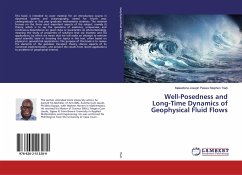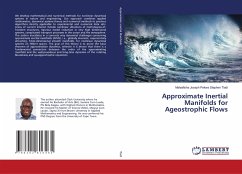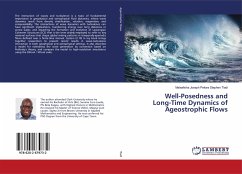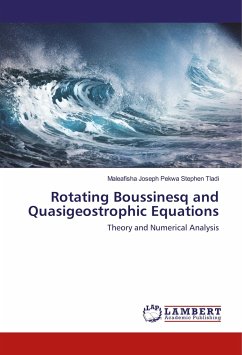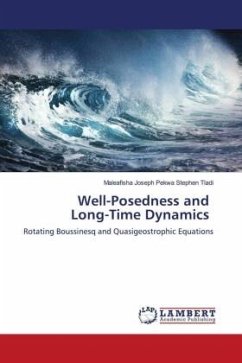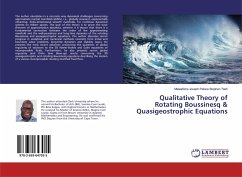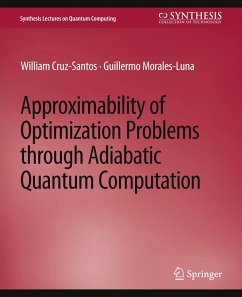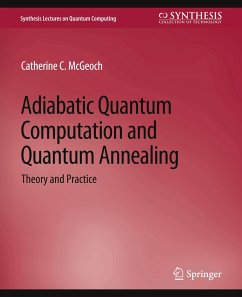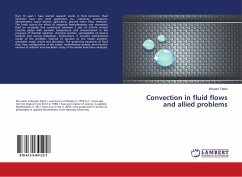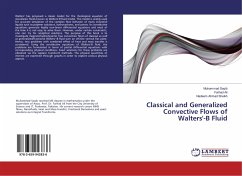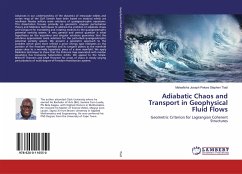
Adiabatic Chaos and Transport in Geophysical Fluid Flows
Geometric Criterion for Lagrangian Coherent Structures
Versandkostenfrei!
Versandfertig in 6-10 Tagen
27,99 €
inkl. MwSt.

PAYBACK Punkte
14 °P sammeln!
Advances in our understanding of the dynamics of mesoscale eddies and vortex rings of the Gulf Stream have been based on modons which are nonlinear Rossby solitary wave solutions of quasigeostrophic equations. This dissertation focuses primarily on geometric singular perturbation theory and Melnikov techniques to address the problem of adiabatic chaos and transport for translating and rotating modons to the quasigeostrophic potential vorticity system. A very general and central question is what hypotheses on the equations and singular solutions guarantee that the solutions approximate some sol...
Advances in our understanding of the dynamics of mesoscale eddies and vortex rings of the Gulf Stream have been based on modons which are nonlinear Rossby solitary wave solutions of quasigeostrophic equations. This dissertation focuses primarily on geometric singular perturbation theory and Melnikov techniques to address the problem of adiabatic chaos and transport for translating and rotating modons to the quasigeostrophic potential vorticity system. A very general and central question is what hypotheses on the equations and singular solutions guarantee that the solutions approximate some solutions for the perturbed quasigeostrophic potential vorticity system. We present a geometric approach to the problem which gives more refined a priori energy type estimates on the position of the invariant manifold and its tangent planes as the manifold passes close to a normally hyperbolic piece of a slow manifold. We apply Melnikov technique to show that the Poincare map associated with modon equations has transverse heteroclinic orbits. We appeal to the Smale-Birkhoff Theorem and KAM Theorem for onset of chaos in slowly varying perturbations of multi-degree-of-freedom Hamiltonian systems.



